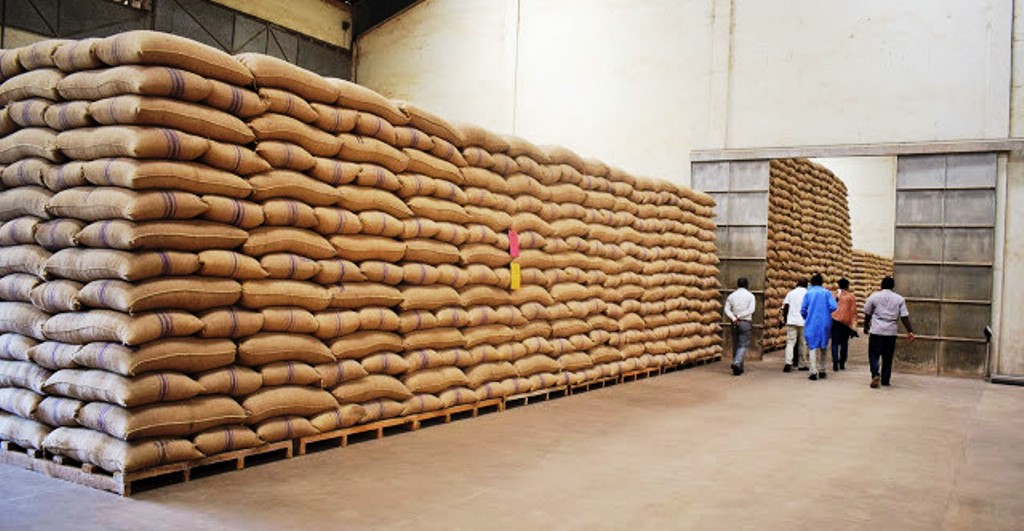Author: HILDA MHAGAMA
AfricaPress-Tanzania: THE National Food Reserve Agency (NFRA) has recorded an increased food storage capacity over the past five years from 251,000 to 501,000 tonnes.
NFRA chief executive officer Milton Lupa made the revelation on Thursday when briefing journalists on the agency’s performance during the first five years of the Dr John Magufuli’s fifth phase-led government.
Mr Lupa attributed the increase in food storage capacity to the agency’s feat of constructing 56 food storage facilities and nine modern food warehouses with the capacity of storing 250,000 tonnes.
“The project has reached 75 per cent and is expected to be completed in the 2020/2021 fiscal year. By using conventional warehouses, stockpiles can be stored for only about three years before they start losing quality, but in the new facilities, quality is retained for up to five years,” he explained.
He further said that NFRA has been purchasing grains every year at reasonable prices, thus contributing to improving the lives of farmers as a by-product of revenue generated from grain sales.
According to him, the Agency collaborates with various farmers’ groups and cooperatives by purchasing grain from them and providing various training on grain storage, thus contributing to the strengthening of the cooperative concept in the country.
Expounding further, he said the agency has contributed to the creation of nearly 7,000 employment opportunities, and the implementation of a project to increase the grain storage capacity.
On the role of the private sector, he said they have been cooperating with them in discharging its responsibilities by purchasing various services and products including storage facilities, transportation of grain and other goods and services.
NFRA is a public Institution established as an Executive Agency under the Ministry of Agriculture Food Security and Cooperatives for the purpose of guaranteeing national food security during a food shortage.
The Agency came into effect 1 of July 2008. It took over the responsibilities of the former Strategic Grain Reserve.
The origin of the NFRA goes back to the drought of 1973-1975 when Tanzania was hit by an acute food shortage as it was unable to meet its food requirements and had to depend on imports and food aid.
As a result of that disaster, the government decided to establish the Food Reserve Organ (Strategic Grain Reserve –SGR) in 1976 and as a strategy for overcoming food shortages in the country.
Mr Lupa said the agency’s strategy is to expand the scope of storage and marketing to ensure food security and access to more grain markets locally and abroad, thus contributing to the growth of the agricultural sector in the country.
NFRA has also been able to earn foreign currency by selling grains to foreign countries, including Zimbabwe and the World Food Programme (WFP) that distributes food to various African countries.
In addition, the Agency has been able to provide food aid to Malawi and South Sudan in the face of floods and food shortages.







